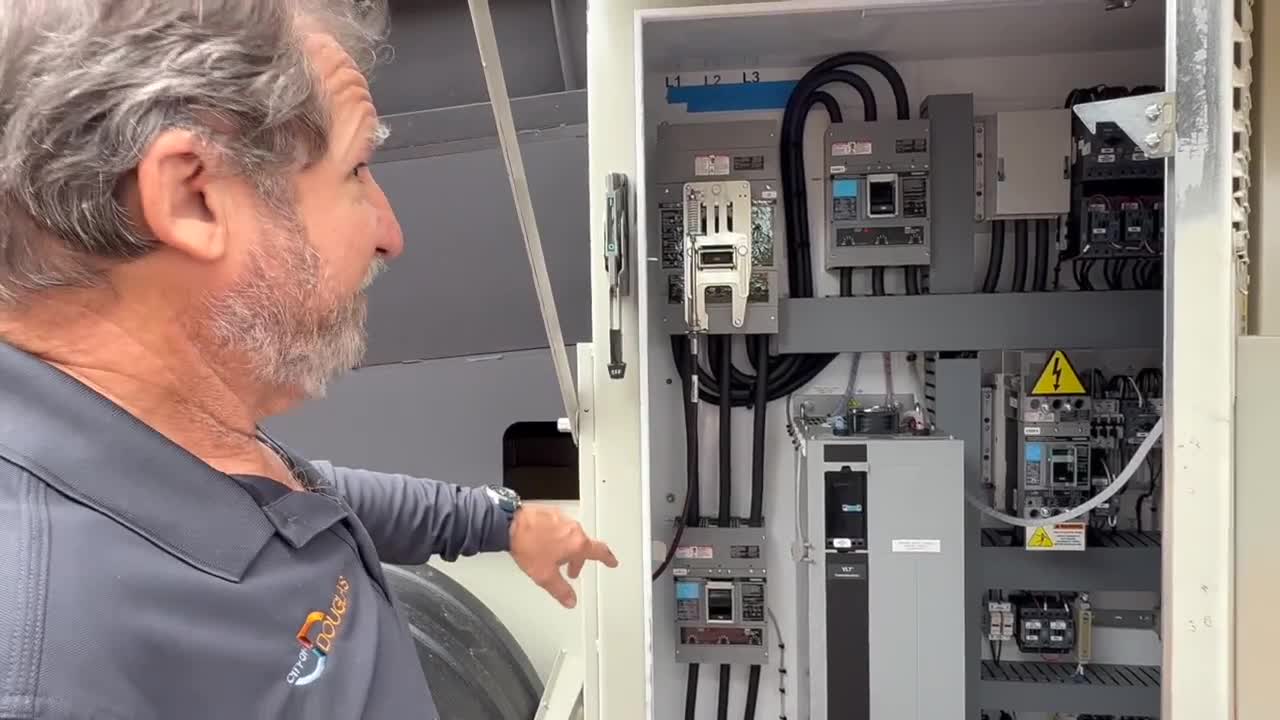The City of Douglas has a new project that’s approaching road repairs in a different way. Their new asphalt plant replaces their current one, which was built in the 1980s.
The city is investing a $4.5 million loan into the equipment and training of staff for the new asphalt plant. City officials say the investment will save them money in the long term and allow them to fix roads more easily.
“It gives us an opportunity to fix our streets, something that's been demanded by our constituents for a good while,” said Douglas Mayor Jose Grijalva.
It's a promise he made during his campaign for mayor, over a year ago.
“Nobody wants to be driving through a city with potholes and damaging your cars,” Grijalva said.
In January, he and the city council voted for the city to take out the loan, which is to be paid over the next 12 years from the general fund.
“This was all trucked in here about three weeks ago," said Public Works Director & City Engineer Karl Rockwell.
He says now it’s time to put the pieces together, including pouring a concrete slab for it to stand on.
“We need 800 amps to run this,” he said.
Which is 200 more amps than the original plant used.
"The old plant over here was built in 1982," Rockwell said. "It's lived its useful life.”
The new plant makes about 140 tons of asphalt an hour, which the city can use to fix its roads or sell to private companies for their needs.
Rockwell says most of the costs for asphalt comes from transporting it to Douglas and the labor costs for the projects.
"We're somewhat isolated here, so having our old our own plant gives us that opportunity to save the money on transportation costs," he said.
The city will save on labor since city staff will operate the plant and fix the roads. Since the current plant is not fully functioning, Rockwell says they've only been able to patch roads — which ultimately need to be fixed.
"The only option right now they have is, is to use a cold mix, which is considered a temporary a temporary patch," he said. "When we have the hot mix available, we can then do a permanent repair."
Rockwell estimates it’ll be running in 60 days, but there isn't a timetable for when city staff expect to start fixing the roads.
“We have a rating of the condition of all the roads," he said. "So we're going to go through that list and prioritize, you know, which streets we're going to repair and actually replace some of the streets too.”
----
STAY IN TOUCH WITH US ANYTIME, ANYWHERE
- Download our free app for Roku, FireTV, AppleTV, Alexa, and mobile devices.
- Sign up for daily newsletters emailed to you
- Like us on Facebook
- Follow us on Instagram
- Follow us on Twitter





